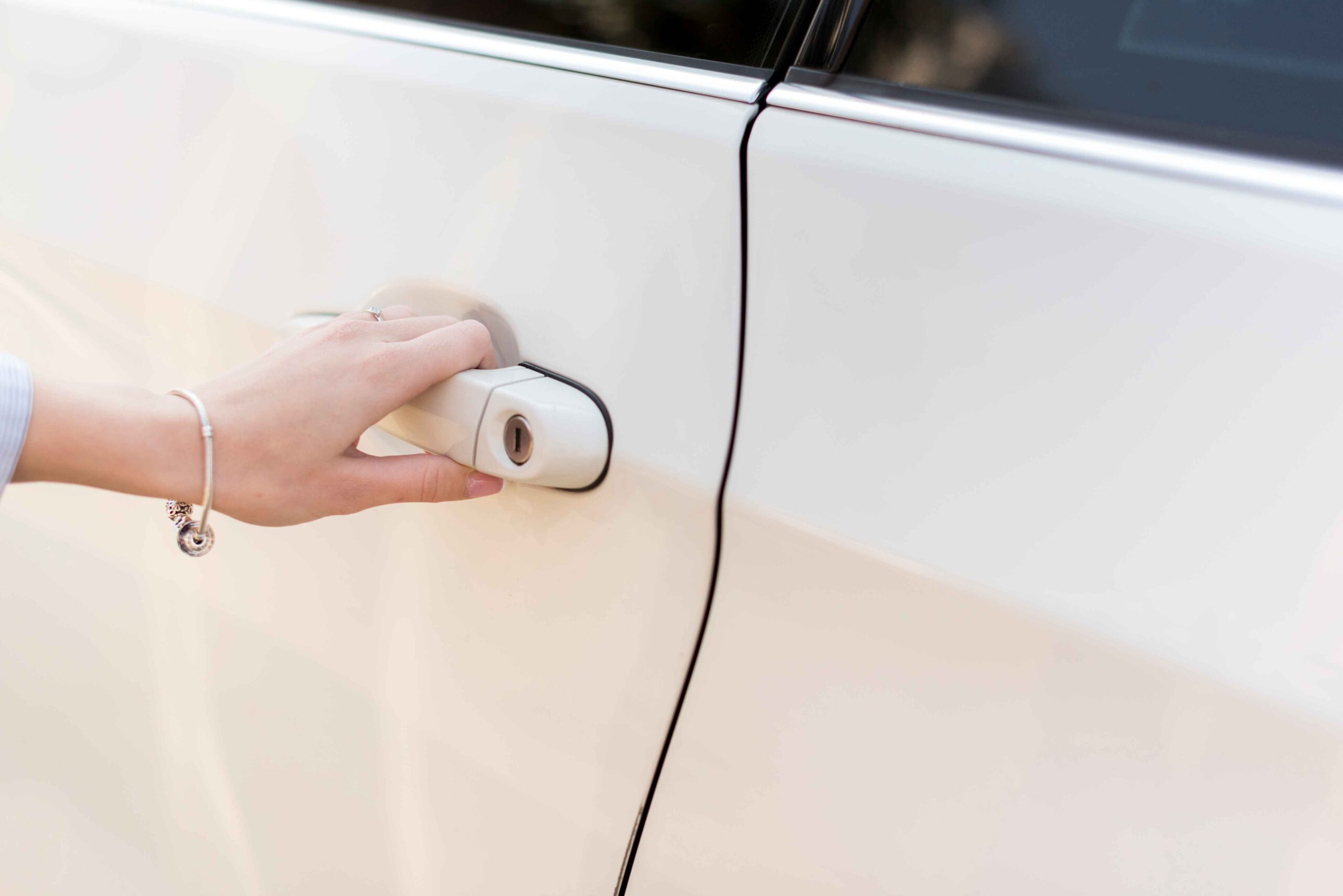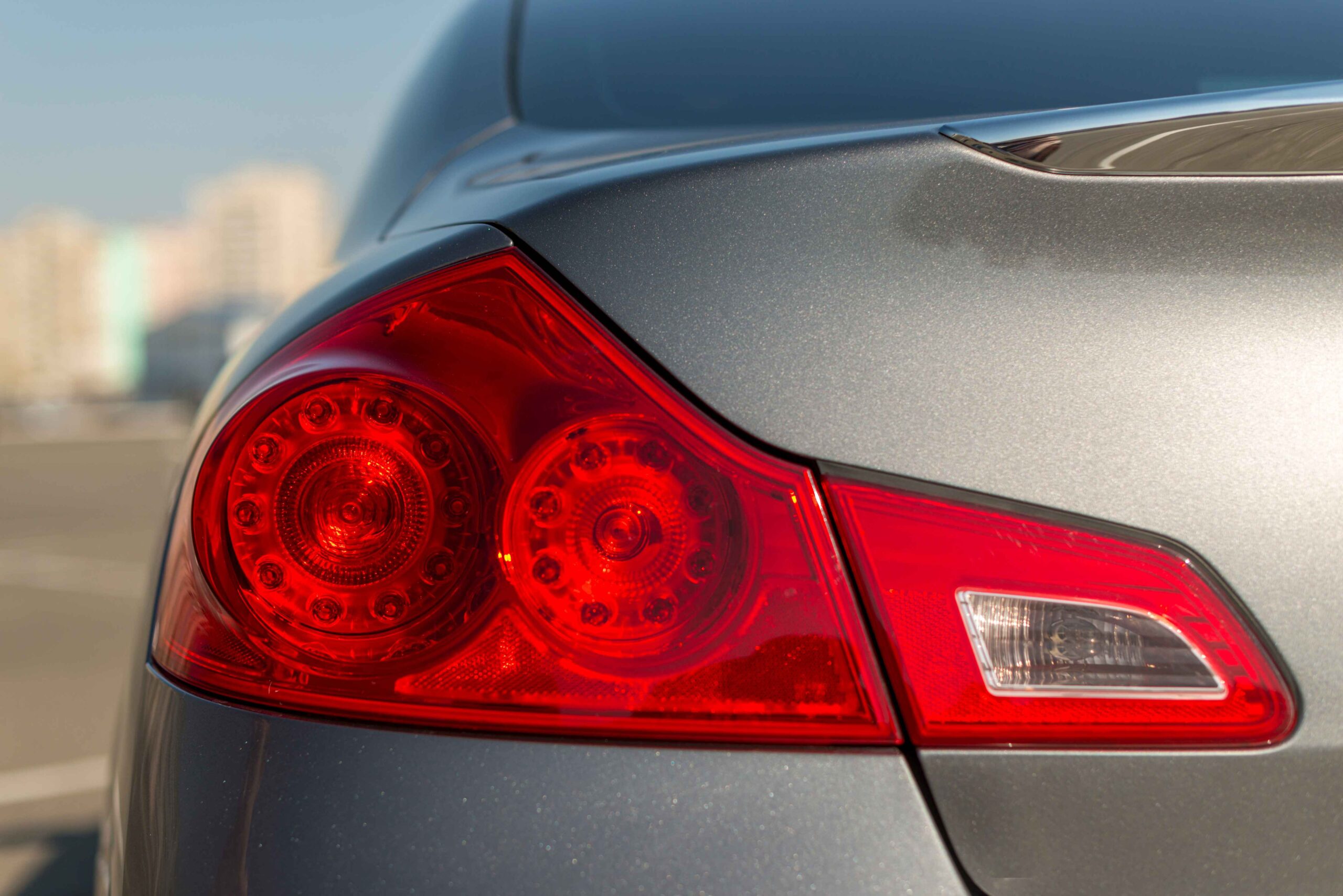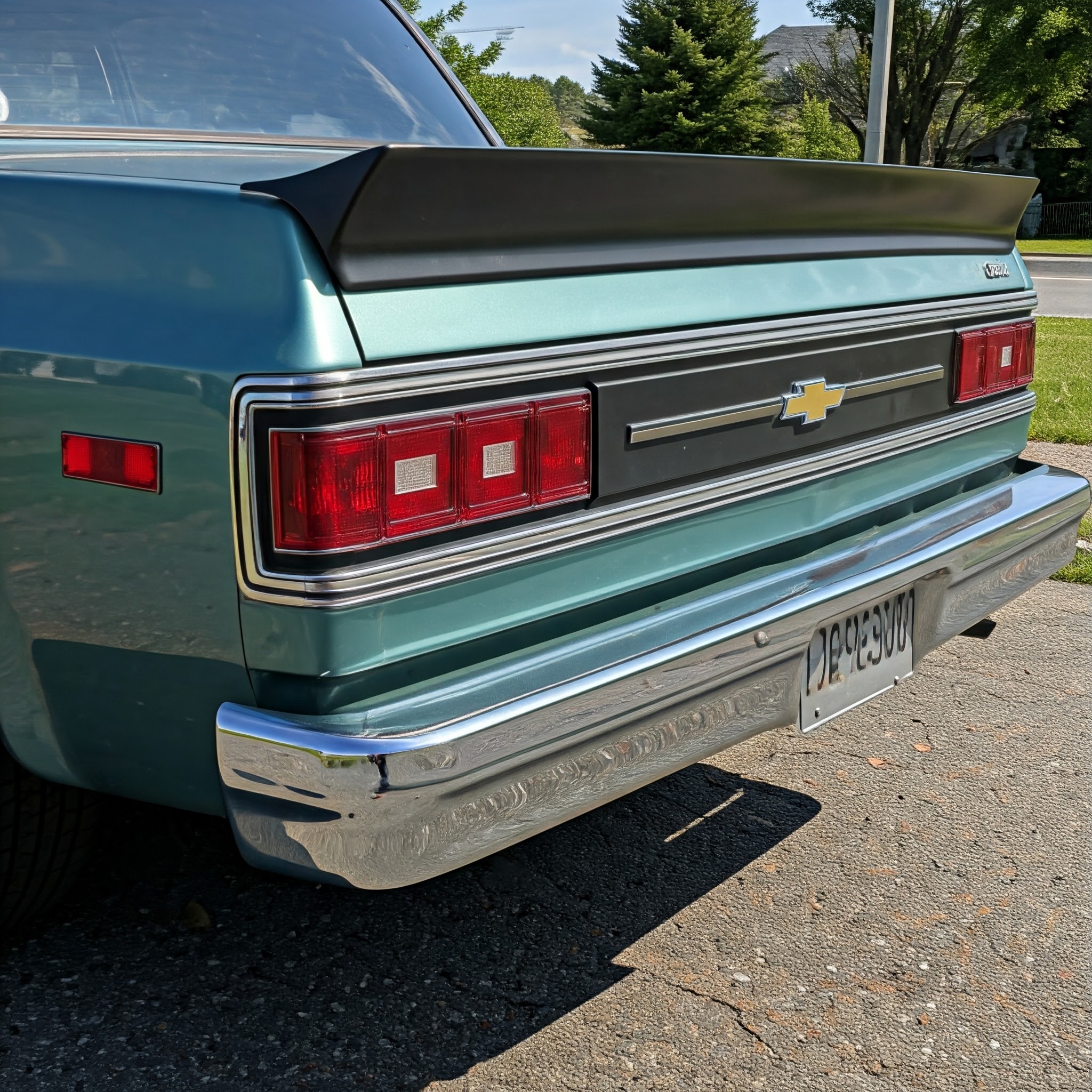However, a functioning transmission keeps your car smooth when you shift gears. If your transmission has issues, it can create significant problems for your vehicle, whether it has an automatic or manual transmission. The main issue you will face is your transmission jerks when shifting the gears. Meanwhile, you must immediately check why it is happening and which factors will stop jerks when shifting the gears.
Symptoms of Transmission Failure and Jerks When Shifting
Burning Fluid Smell from the Transmission
When the transmission is extremely hot, it produces an acidic smell similar to burning rubber. Burning fluid indicates leakage dripping onto the hot engine parts, which you must drain or replace with new transmission fluid.
Hear Noises While in Neutral
When you discover that your transmission is having an issue and car jerks when shifting, stop your car and put it in neutral. Now, listen for unusual noises, like whining, groaning, or ticking.
Slipping of Gears
If your car starts to slip, it might show an RPM of 3500+, and it will delay acceleration when you press on the gas, indicating that your transmission cannot transmit enough power to the internal combustion part of the engine.
Leakage in Transmission Fluid
When the transmission leaks fluid, it can be caused by loose pans, unsecured drain plugs, or inadequately tightened bolts, which can damage the torque converter. Repairing regularly is not a solution; you must replace the engine or transmission to avoid jumps when shifting the gears.
Inspect the Engine Light Comes and Stays On
If you are not experiencing the symptoms mentioned above, you may still experience transmission jerks when shifting gears. With new technology, sensors can detect minor irregularities, so check the engine light. If it is coming on, you must go to the professionals immediately.
How to Stop Transmission Jerks When Shifting?
Moreover, jerks can happen due to many factors, including improper driving skills. Here are some points that you must know to avoid transmission jerks when you shift the gears.
- You must use the clutch gently before shifting, then release it slowly to engage the gears smoothly.
- They will jerk when you shift your gears too early or too late. You must shift your gears at the correct RPM.
- When you shift your gears, you must avoid the throttle changes.
- Ensure the throttle input is smooth when you release your clutch.
- In case of downshifting, you must increase the RPM by providing a throttle blip before letting out the clutch to match the gear speed.
- When you have an automatic transmission, you should avoid sudden pedal movements.
- Therefore, you should check for worn-out clutches, which can lead to jerky shifting.
- However, low transmission fluid might make shifting rough, so you have to ensure the fluid is at the proper level.
- While shifting, be calm and do not rush, as faulty shifts can also cause problems.
Different Types of Transmission in the Engine
Automatic Transmission
The automatic gear is a fluid that transfers engine power to the transmission and allows for smooth gear engagement and disengagement. It is found in most automatic transmissions and replaces the traditional clutch.
Manual Transmission
However, direct power transfer between gears is standard in the manual transmission gearbox.
How Much is the Price for Used Transmission?
The cost of replacing a used car transmission in the USA depends on various factors, including the make, model, and transmission type. You can check whether you want to repair or replace your transmission.
Transmission Repair Cost
- The cost could range from $300 to $1,000 when the issue is minor.
- The cost can range from $1,500 to if you need major repairments$3,500.
Transmission Replacement Cost
- Replacing a transmission with a used one will cost between $1,500 and $4,000.
- The labor cost can range from $500 to $1,500.
Frequently Asked Questions
However, the transmission often jerks if there is an issue in the fluid level or engine parts, or it can also be because of exhaustion. Thus, when a vehicle vibrates, shakes, or jerks, it can create severe issues with your transmission.
For instance, if your car jerks while changing gears, you must repair the faulty plugs and fuel pump malfunction, check for the air filters, and protect it from dirt, debris, and waste.
Your car might also jerk when you shift gears manually due to worn-out gears or transmission bands. This can happen when the gears do not work together correctly and start jerking.
The mass airflow sensor might be at fault. If it is not working correctly, the engine cannot read the air intake adequately, creating jerks during acceleration.







